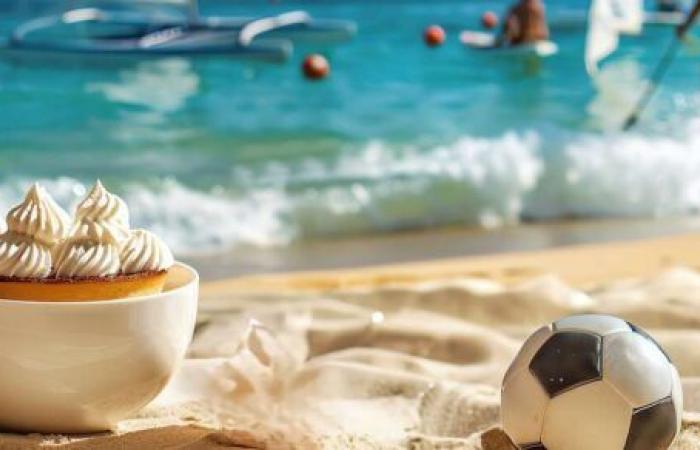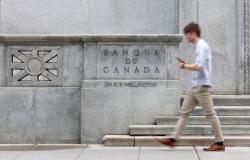Find the podcast at the origin of this transcription in Science or Fiction. © Futura
The belief that it is dangerous to bathe after eating seems to go back decades, if not centuries.
A well-anchored belief
Yes, like many stories, it is not new. It comes from the idea that the digestion process requires a significant amount of blood directed to the stomach and intestines, which is true. This is also called the postprandial perfusion response, complicated words to explain the fact that when we eat, our digestive system must work to break down food and absorb nutrients. This requires a lot ofenergyenergy and oxygen, and to meet these needs, the blood vessels around the stomach and intestines dilate to allow more blood to reach these organs. As a result, there may be a temporary reduction in blood supply to other parts of the body, such as the muscles. This is why some people feel tired or drowsy after a heavy meal, and why you may have more cramps.
In our story of swimming after a meal, this idea reinforced the belief of a potential risk, since if you can have more cramps, in the water you risk drowning. Basically in the collective mind: swimming after eating = cramps = guaranteed drowning. The cramp thing doesn’t seem completely absurd, but we realize that we still take a big shortcut to reach the conclusion.
So, really, what’s going on?
In reality, the human body is quite capable of handling digestion while still allowing exercise physiquephysique moderate, like swimming. Digestion needs this famous increased blood supply to the stomach, but that does not mean that the other muscles are completely full of blood, to the point of risking paralysis. Certainly, you can get cramps during intense physical activity, but they are not specifically caused by eating. They can be due to a host of other factors such as muscle fatigue, dehydration or even water temperature. In fact, most scientific studies and medical opinions disagree that bathing after eating poses any significant danger. Doctors agree that the human body can efficiently distribute blood between the muscles and the digestive system. Cramps, when they occur, are rarely severe enough to prevent a person from swimming or floating. Moreover, doctors insist that the main cause of drowning is exhaustion, panic or the inability to float, rather than cramps or digestion problems linked to a meal.
So there’s really no risk in going for a dip after having lunch? Indeed, it is estimated that there is no immediate danger. But be careful: nothing prevents you from listening to your body and this is what I strongly recommend you do. After a particularly large meal, you may feel heavy, bloated or uncomfortable, which could make swimming less pleasant. In this case, waiting a bit before getting in the water may be a good idea, not for safety reasons, but just for personal comfort.
Some factors to take into account though
Afterwards, it’s not just that. It’s also important to consider other factors, like water temperature, weather, and the distance you’re traveling. Swimming after eating can be more uncomfortable in very cold water, because the body already has to work to warm up while digesting. So that’s a lot! Our body is not a tireless war machine! Oh yes, and also, doctors recommend not swimming alone, especially after a meal, in order to minimize any risk in the event of feeling unwell.
Especially if it’s very hot… you have to be careful about that too. Indeed ! First of all, it is best not to expose yourself too much during the hottest hours of the day. But when you bathe under a soleilsoleil intense, it is essential to take certain precautions to avoid risks, such as sunstroke or sunburn. In this case, it is recommended to apply adequate sun protection, wear a hat and sunglasses. And of course, that’s obligatory: drink plenty of water to stay hydrated, especially after a meal, to avoid dehydrationdehydration. Trust me: just because you’re in the water doesn’t mean you’re protected from the rays UVUV or thirst!
In short, in any case, it is clear that the belief that you should not bathe right after eating is more of a myth than a reality. The risks we talk about are largely exaggerated and there is no scientific evidence solidsolid to support the idea that there is a real danger. But as I said, listening to your own body and using common sense is the best method: if you feel good after eating, there is no reason to avoid swimming. But of course, if you feel any discomfort or discomfort, it may be wiser to wait a bit before diving in.






